- The first lithium battery recycling factory in the Middle East has settled down, investing 40 million dirham to build a circular economy
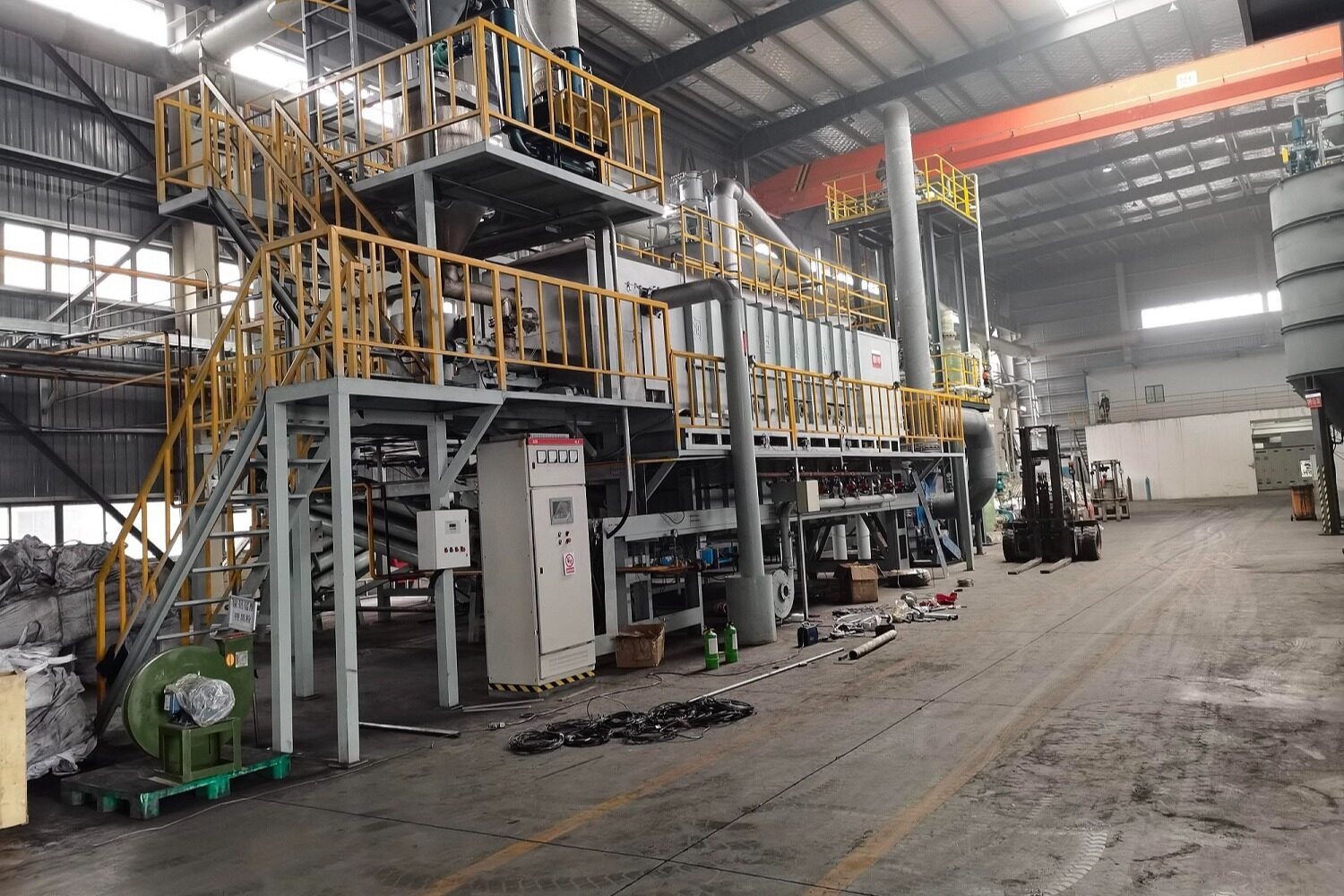
Abu Dhabi, United Arab Emirates, has recently taken a crucial step in the closed-loop construction of the new energy industry chain. KEZAD Group, a subsidiary of Abu Dhabi Ports Group, has signed an important cooperation agreement with Witthal Gulf Industries, a subsidiary of Singapore's Witthal Group, to build the country's first lithium battery recycling plant in the Tawila Energy and Water Industrial Zone in Abu Dhabi.
According to the 50 year land lease agreement reached by both parties, the project covers an area of 15340 square meters with a total investment of 10.8 million US dollars (approximately 40 million UAE dirhams). The factory will focus on processing waste lithium-ion batteries from electric vehicles, solar power plants, and other renewable energy systems, recycling key materials such as black powder, copper, and aluminum through advanced technology, and providing a sustainable closed-loop solution for the new energy industry.
As the first lithium battery recycling facility in the United Arab Emirates, this project is expected to become a demonstration project for the recycling of new energy materials in the Middle East region. By effectively recycling valuable metals from waste batteries, the project will significantly reduce the demand for mineral extraction, lower energy consumption and greenhouse gas emissions, and strongly support the United Arab Emirates in achieving its national strategic goal of net zero emissions by 2050.
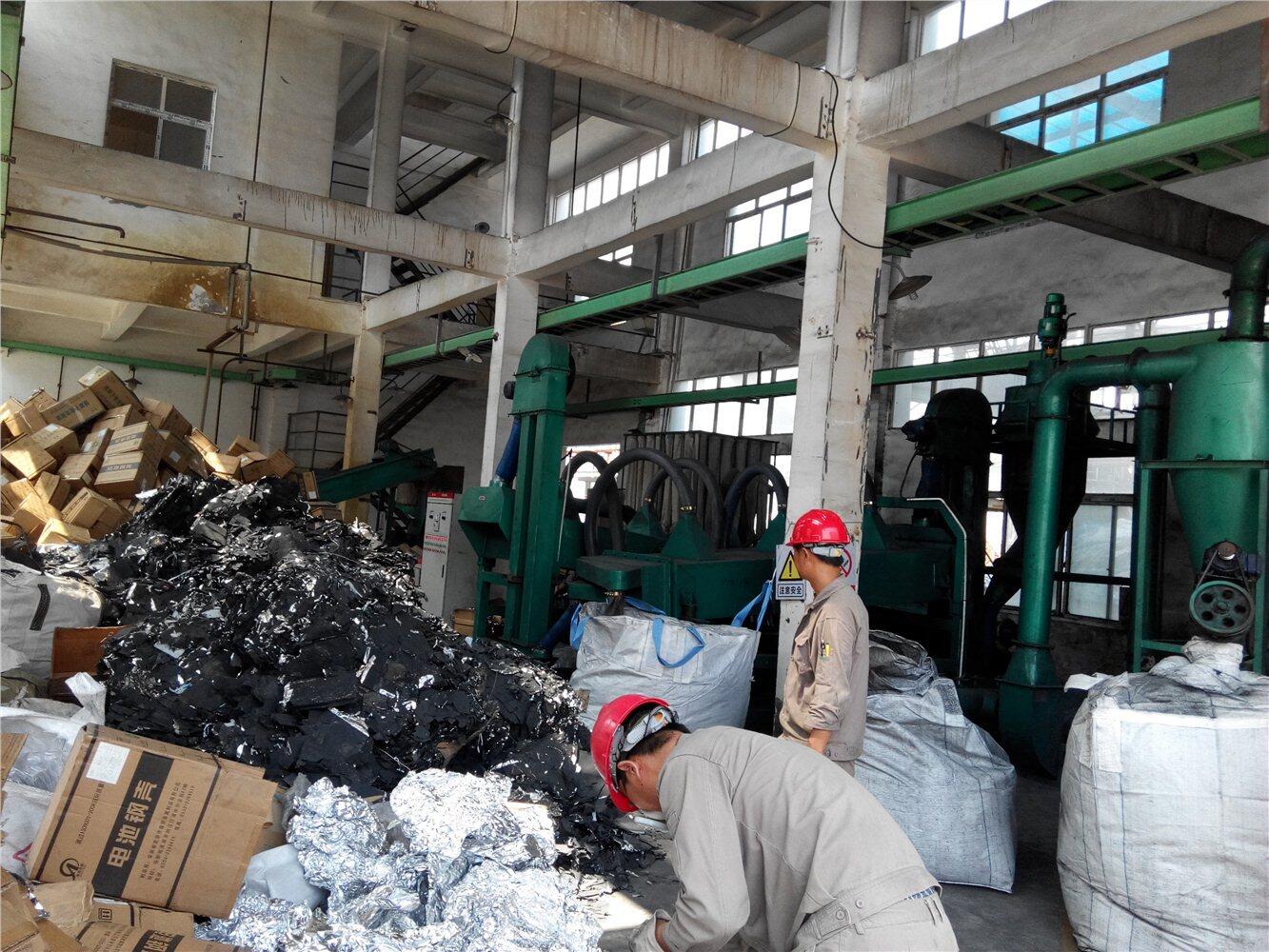
Abdullah Hameli, Chief Executive Officer of Abu Dhabi Ports Group's Economic Cities and Free Zones, stated that "KEZAD Group and Witthal Gulf Industries are highly aligned in their sustainable development vision. This cooperation is based on a solid foundation of mutual trust, which will promote industrial innovation and technological progress, and help build a green and low-carbon industrial system. The implementation of this project marks an important breakthrough in the layout of the new energy industry chain in the United Arab Emirates. With the rapid growth of electric vehicles and renewable energy installations in the Middle East, the lithium battery recycling industry will usher in broad development space. Experts predict that after the completion of this project, it will not only meet the local market demand, but may also radiate to surrounding countries and become an important hub for regional new energy circular economy.
The project is expected to create a large number of job opportunities and drive the development of related supporting industries, injecting new impetus into the United Arab Emirates' economic diversification strategy. This also reflects the country's high emphasis on environmental protection and resource recycling in the process of energy transition. (This article is from the official website of Jian Dao www.seetao.com. Reproduction without permission is prohibited, otherwise it will be prosecuted. Please indicate Jian Dao website+original link when reprinting.) Jian Dao website new energy column editor/Yang Beihua
Comment
 Praise
Praise
 Collect
Collect
 Comment
Comment
 Search
Search


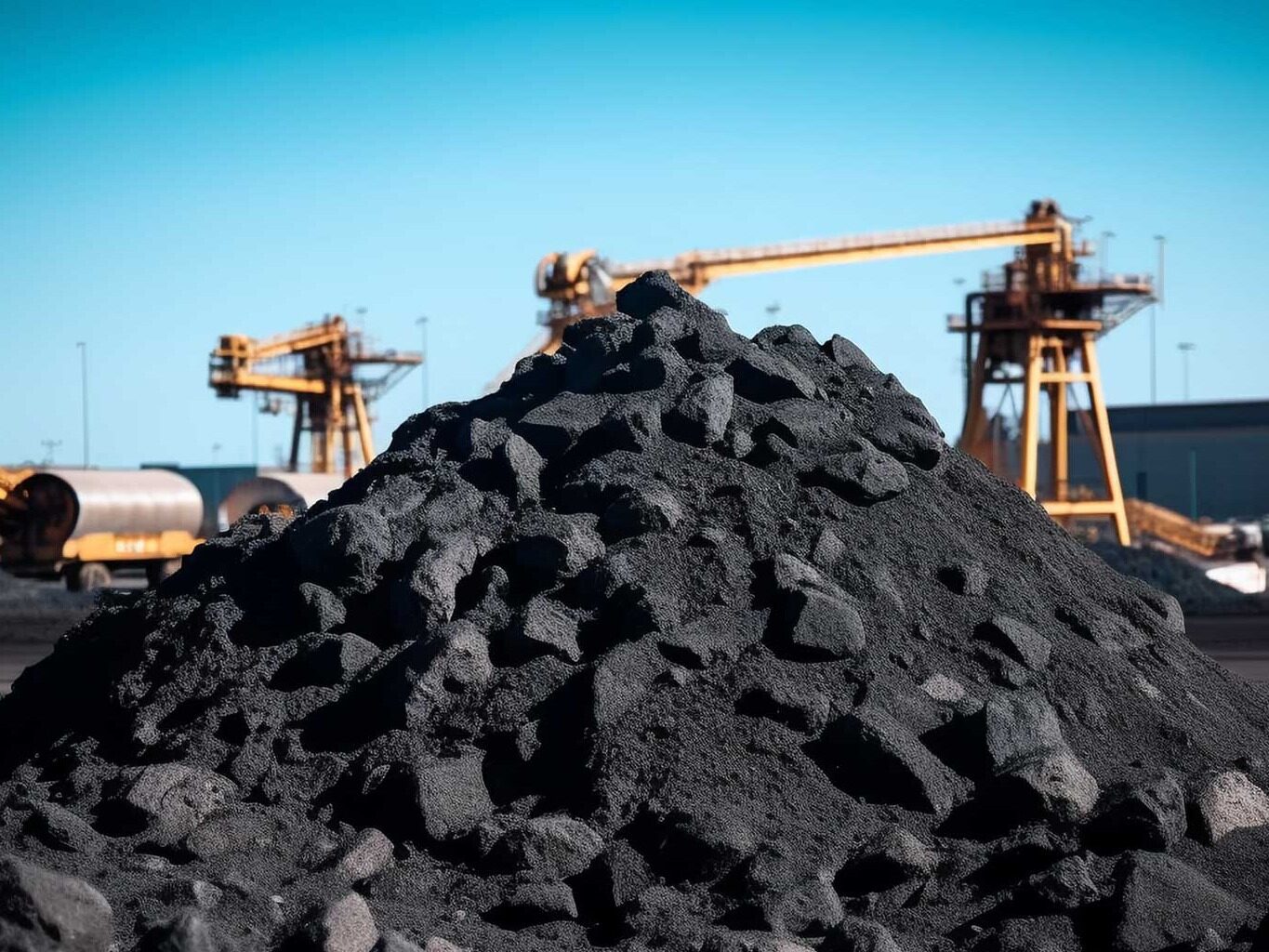
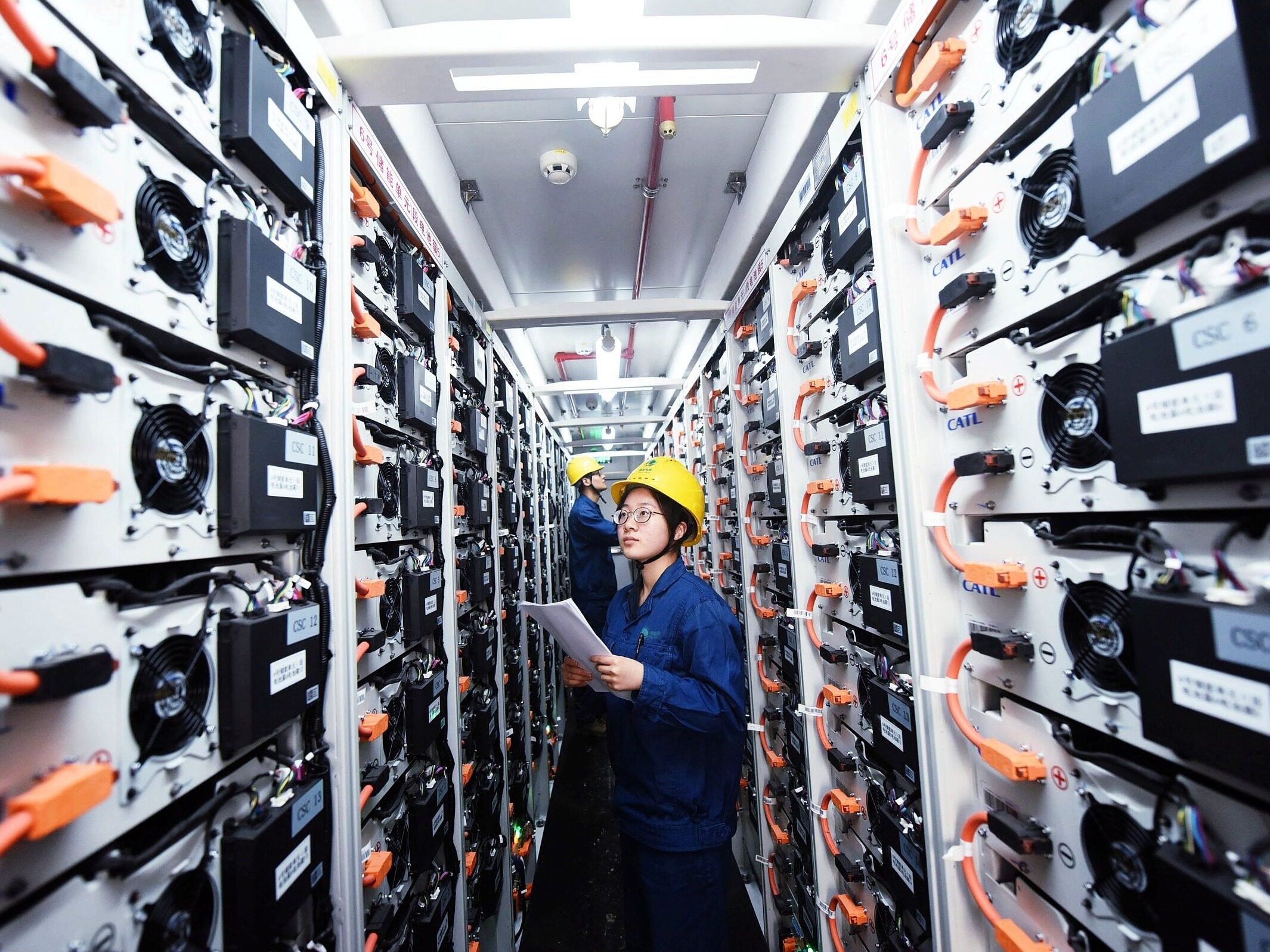
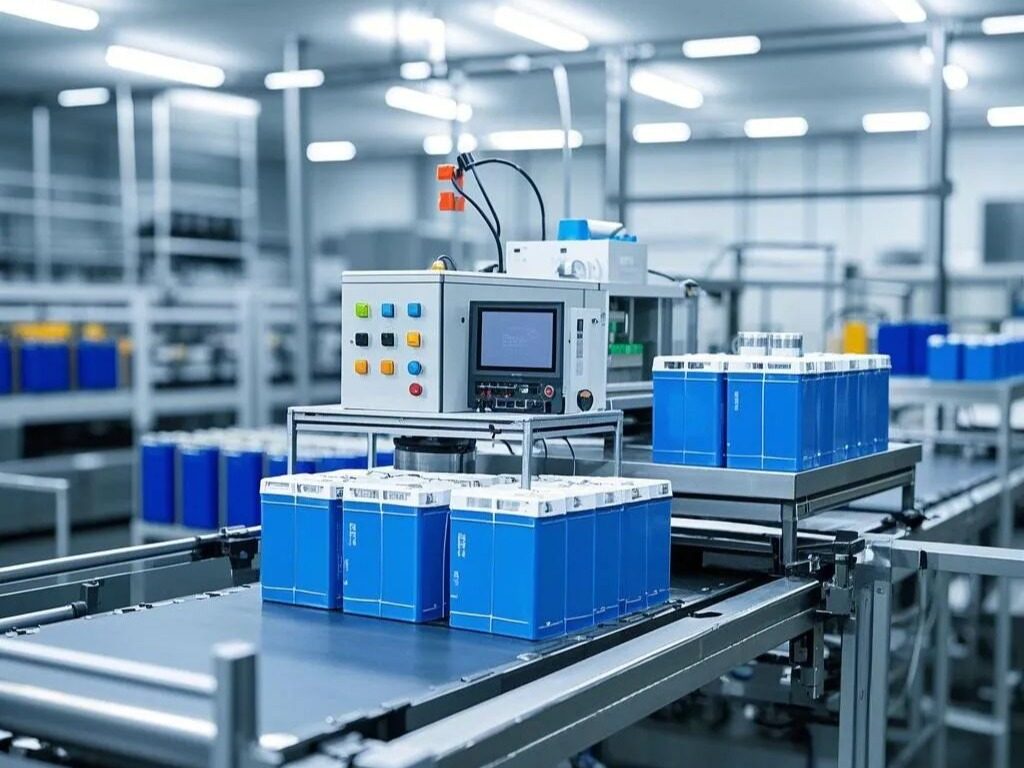
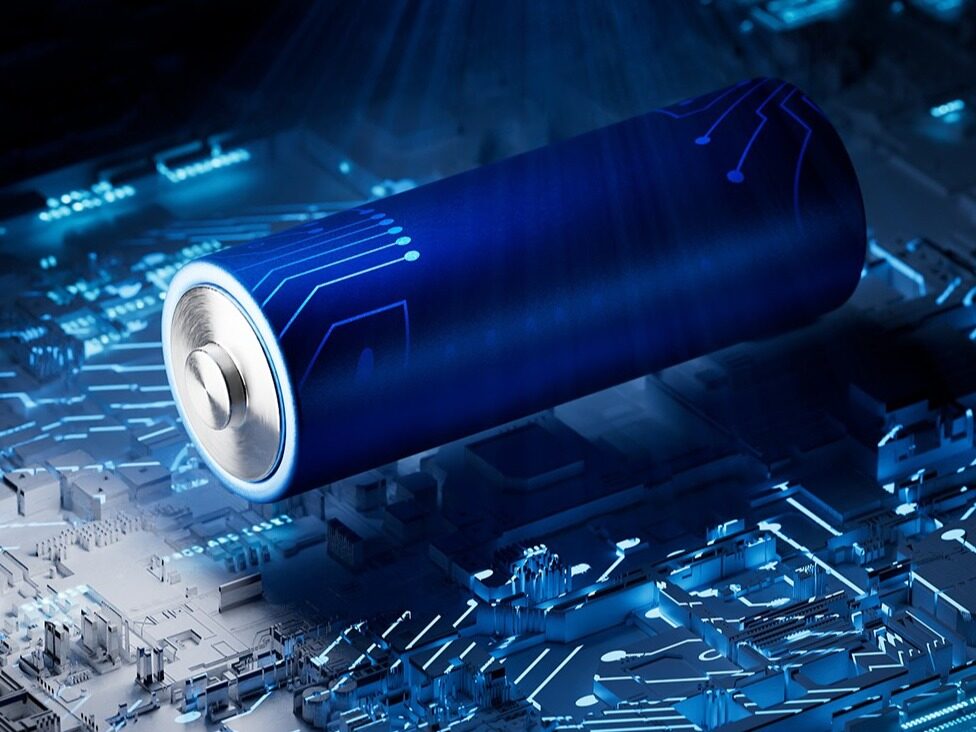
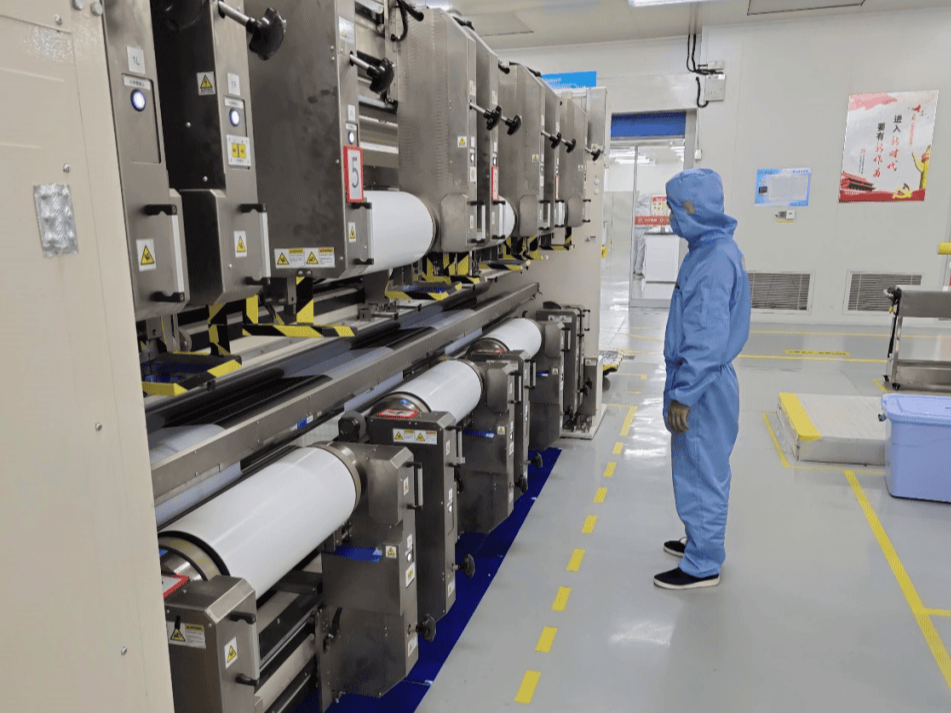
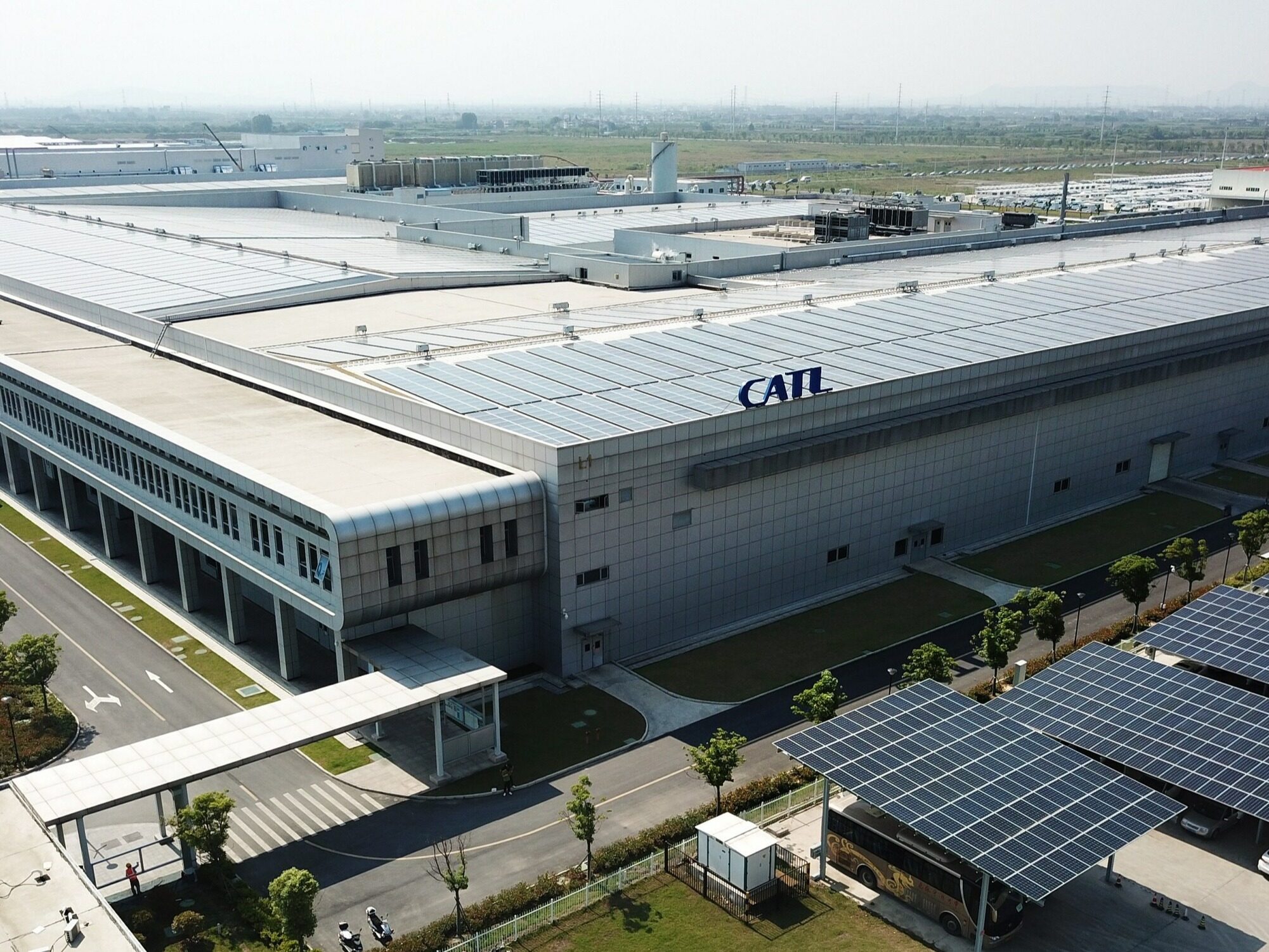






Write something~